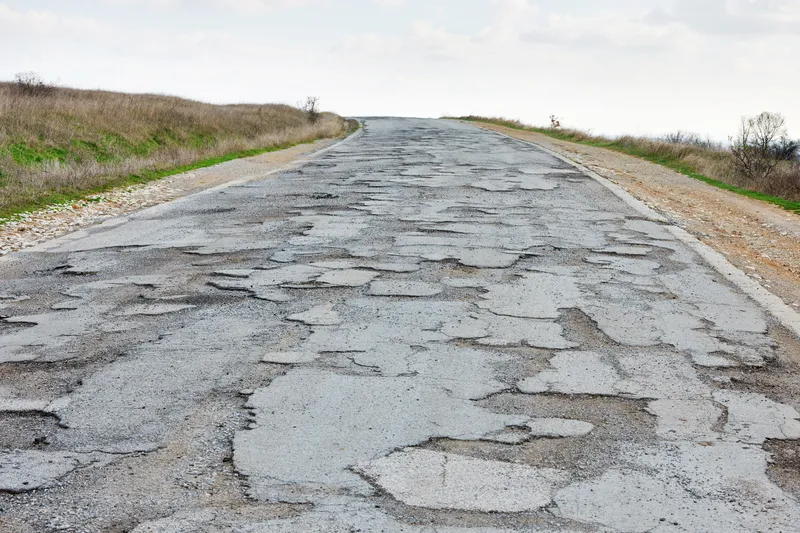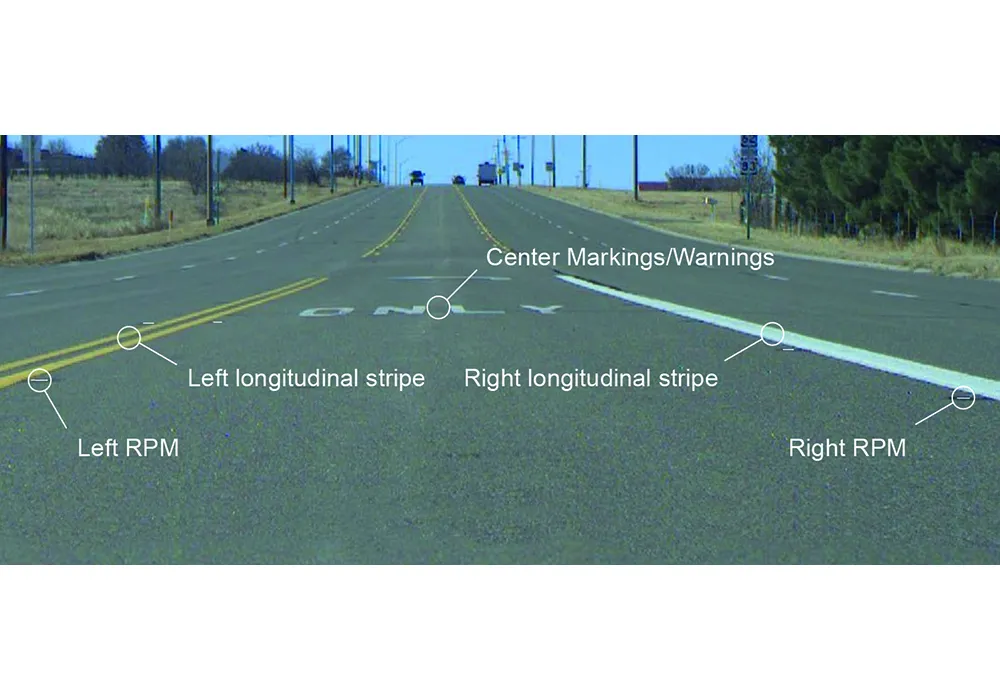
The British Standards Institution, BSI, has issued a specification for the collection and reporting of road condition data in England.
According to the institution, the PAS 2161:2024 standard marks “a pivotal change” in measuring local road network conditions. It introduces updated data protocols to be used by local government authorities to report data to central government for publication in official statistics, such a national reporting of road condition report. “The new protocols present exciting opportunities for Local Authorities to innovate and achieve efficiency in data collection,” said the institution.
PAS 2161 applies to locally-managed classified and unclassified roads and not major roads and motorways. It specifies the road condition monitoring data that should be collected for national reporting on road network condition but does not specify the type of technologies to be used for the collection of this data.
Alex Wright, technical author of PAS 2161, said the specification allows agencies greater flexibility than now available to them under the current SCANNER mandate for selecting the technologies the wish to use for collecting road condition data. In turn, this allows for the integration of new technologies as they become available and affordable.
In addition to assisting LAs in meeting the requirements for national reporting of their network road condition, the RCM data collected under PAS 2161 will also make recommendations for wider use of the data in local highway asset management, maximising the value of the data collected.
To ensure consistency in data quality, notes BSI, any provider of road condition monitoring company that provides data to a road agency for national reporting under the requirements of PAS 2161 will need to demonstrate the performance of their data collection technology.
As there are several RCM providers with new technologies with the potential to deliver PAS 2161 compliant data, the UK’s Department for Transport is funding demonstration tests that will compare the data reported by these technologies with benchmark data collected by local authority engineers. Technologies that meet the performance standards outlined in PAS 2161 will be awarded the status of “demonstrated”.
BSI has said that road condition monitoring technology providers capable of meeting the requirements of PAS 2161 are invited to participate in the demonstrations in 2025. They should contact TRL - formerly Transport Research Laboratory - at [email protected]. TRL is a wholly owned subsidiary of the Transport Research Foundation, a non-profit company, separate from government. It was established for the study of transport and related research, consultancy and expert advice.
TRL also said the organisation is looking recruit local agency highways engineers to assist with the trials. Participating engineers will acquire early hands-on experience with the PAS and will play a key role in actively contributing to its development as it progresses towards becoming a formal standard in 2026.
PAS 2161 is available for free download by clicking here.







